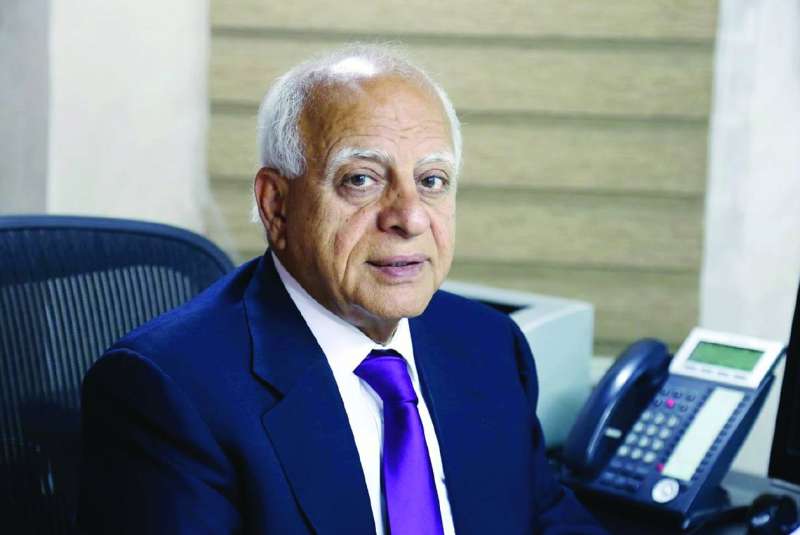25/12/2023
25/12/2023

I have heard this phrase many times since I became aware of the Palestinian issue, more than 65 years ago, and based on it, I wrote the following tweet, in two languages:
“For 75 years, the Zionists have been telling the world that they needed a homeland, and that they chose Palestine, because it is a land without a people, and they are a people without a land! Can someone explain to me who these twenty thousand killed in Gaza were and why were they killed?”
Some people objected to the authenticity of the tweet, and a friend attacked it, so I decided to research its background, and how it developed into a political slogan that was endorsed by Western institutions and universities, and some people became aware of an indisputable fact.
The phrase is attributed to the English priest Alexander Keith, who in 1839 visited Ottoman Palestine, and wrote in 1843 that the Jews are lost in the world, and have no place. They are a people without a state, and he found for them a state without a people. The president of the “London Society for Promoting Christianity Among the Jews” also wrote a letter in July 1853 to the British Prime Minister, Aberdeen, telling him that “Greater Syria” was a state without a nation in need of “a nation without a state”!
This all, I call it nonsense.
In 1875, Lord Shaftesbury told the annual general meeting of the Palestine Exploration Fund: “We have there a land full of fertility and rich in history, but almost without inhabitants, and a people without a country!”
The famous English missionary William Eugene Blackstone played a role in confirming this sentence, and a greater role in denying its reality. He made a trip to the Holy Land in 1881, and became enthusiastic about the idea of settlement, mostly because of the astonishment and sorrow that overwhelmed his generation at the great massacres to which the Russian Jews were exposed by the hand of their government.
However, shortly after his return from his trip to Palestine, he wrote, in the context of his concern for the fate of the Jews of Russia: “And now, on this very day, we stand face to face with the terrible dilemma, which is that these millions (the Jews) cannot remain where they are. And yet they have nowhere else to go!”
Israel Zangwill, the well-known Zionist, also repeated the saying of a homeland without a people, but he later became anti-Zionist, and his views changed, after a few years, and his use of the phrase became different, after he “fully realized the Arab danger,” as he said in front of an audience in New York: “The Palestine already has its own population. The population density in Jerusalem is twice that of the United States,” which leaves the Zionists with the choice of driving the cart: either the Arabs leave or deal with “a large number of them.” Thus, he transferred his support for the idea of establishing a national homeland for the Jews to become Uganda, as others suggested to Argentina.
After Zangwill broke away from the Zionist movement in 1905, he said that he was naive in his views, and that Palestine had a dense Arab population. He attacked those who insisted on repeating that Palestine was “empty and deserted.”
According to historian Zeev Jabotinsky, Zangwill said in 1916: “If you want to give a country to a people who have no country, it is absolute foolishness to allow it to be a country for two peoples. This can only cause trouble. “The Jews will suffer, as will their neighbors, and we will have to choose between finding a different place for either the Jews or their neighbors. In Palestine at that time, there was a population of no less than 600,000 Arabs.
In 1914, Chaim Weizmann, head of the World Zionist Congress and the first president of the State of Israel, said that it was important to reach an understanding with the “owners of the country,” and try to put the jewel in the ring, unite the two peoples, and bring them into “practical” marriage, and the “Ottoman Turks” must be convinced.
It is a beneficial marriage, not only for the Jews, but for them as well. This is evidence that the phrase was not a “Zionist slogan” in the beginning, in addition to its extensive use by Jews who were enthusiastic about the idea.
e-mail: [email protected]
By Ahmad alsarraf


